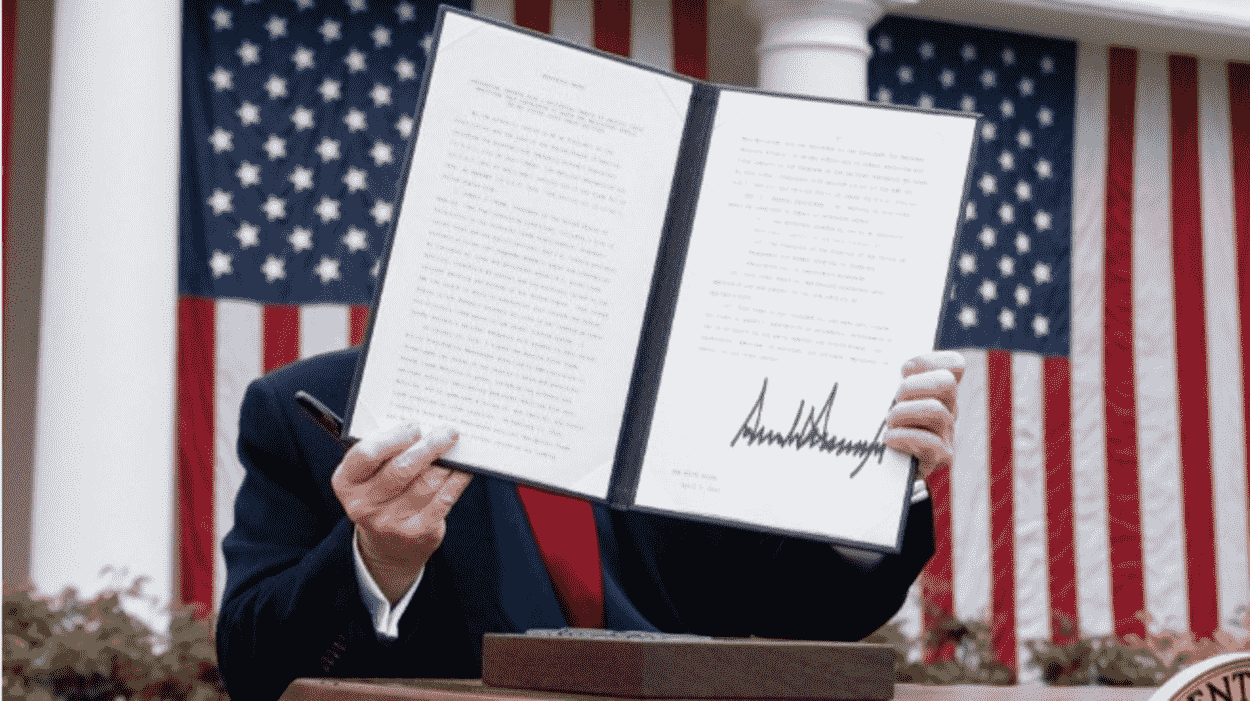Thailand is preparing to revise its trade negotiation strategy with the United States following a 36 percent import tariff announced by former President Donald Trump, effective August 2025. The sudden increase has prompted Thai officials to reassess economic priorities and diplomatic tactics as they seek to mitigate the potential impact on bilateral trade.
The Thai government is reworking its trade approach after receiving formal notice from Donald Trump on July 7 regarding a new 36 percent tariff on all Thai imports entering the United States. The unexpected move is part of the Trump administration’s efforts to reduce the US trade deficit, particularly with countries maintaining surpluses such as Thailand.
According to the letter sent to acting Prime Minister Suriya Juangroongruangkit, the tariff is positioned as a compromise figure, with Trump asserting it is still below the level needed to fully correct the trade imbalance. The measure will also apply to transshipped goods, particularly those originating from China, which are seen as circumventing existing US tariffs.
Thailand’s trade surplus with the US currently stands at approximately 46 billion dollars. In response, Thai negotiators had proposed a plan to reduce the surplus by 70 percent over five years, expand access for US agricultural and industrial exports, and gradually ease restrictions on sensitive items.
As part of its offer, Thailand also pledged to increase energy and aviation-related imports from the US. This includes plans for Thai state energy firm PTT to purchase up to two million tons of liquefied natural gas and ethane annually from Alaska for the next two decades. In the aviation sector, Thai Airways aims to finalize a deal for 80 Boeing aircraft, building on an earlier agreement signed in February 2024 for 45 Dreamliners.
However, Thai officials were reportedly surprised by the tariff decision. Deputy Prime Minister and Finance Minister Pichai Chunhavajira, who had recently returned from a trade mission to Washington, speculated that Trump may not have reviewed Thailand’s full proposal before issuing the tariff decision.
On July 11, Pichai convened a high-level meeting to recalibrate Thailand’s trade strategy. Participants included senior government advisors and agency heads. Former Prime Minister Thaksin Shinawatra also attended to share insights. Discussions focused on developing import guidelines to ensure that increased purchases from the US do not harm Thai farmers or small businesses. Pichai emphasized that imports would be managed with fairness and transparency, alongside regulatory reform to enhance trade efficiency.
The US has outlined four key areas for negotiation: liberalization of agriculture, financial services, telecommunications, and defense procurement. According to the US Trade Representative’s 2025 National Trade Estimate Report, other priority issues include customs transparency, anti-transshipment measures, intellectual property protection, and broader liberalization of services such as cloud computing and logistics.
Energy is expected to be a pivotal component of any new agreement. Analysts say the US could seek to revive its once-dominant role in Thailand’s energy sector, which has diminished due to lapsed concessions and limited recent investment. Past US-led exploration projects positioned Thailand as a regional energy hub, a role American firms may seek to reclaim as part of a broader strategic partnership.
The Thai government has said it will provide support for sectors adversely affected by the new tariffs. Despite the setback, officials reaffirmed their commitment to pursuing a comprehensive trade deal that balances economic reform with national interests.
Diplomatic voices such as former Thai ambassador to the US, Pisan Manawapat, have called for a more strategically cohesive approach, comparing the complex task of negotiating with Trump to conducting an orchestra. He advised that experienced diplomats, rather than expensive lobbyists, should lead the effort due to their nuanced understanding of international relations and prior experience with US administrations.




